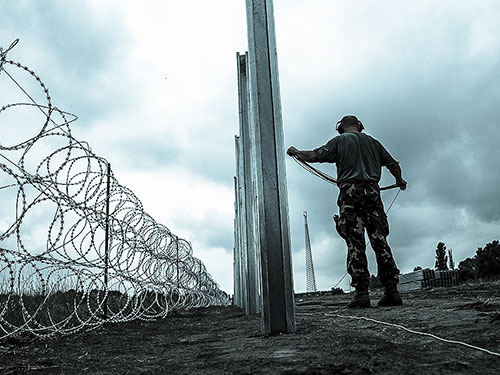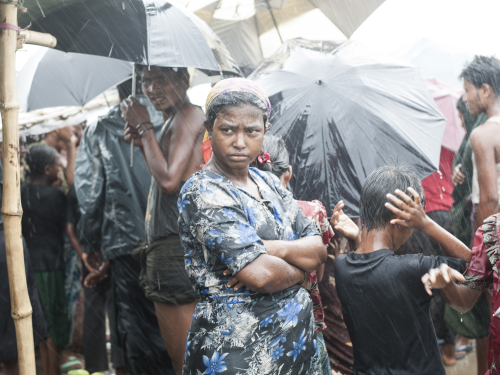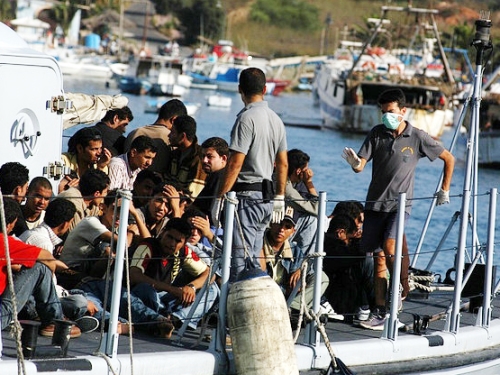
This article was originally published by OpenDemocracy on 5 October, 2015.
The government of Victor Orbán has systematically exploited the refugee crisis to ramp up a long-standing rhetoric of nationalist intolerance and consolidate its grip on power by passing a raft of emergency powers, further eroding Hungary’s once robust legal checks and balances. Such actions have drawn a storm of international opprobrium – including harsh criticism from the governments of Austria, Croatia and Serbia, all of which have taken a more humane and pragmatic approach to managing the influx of refugees.
Few criticisms of Hungary’s actions have come from neighbouring EU states in East Central Europe, still widely seen as front runners in liberal political and economic reform. Poland, Slovakia and the Czech Republic initially opted instead to close ranks with Orbán to head off the European Commission’s proposals for compulsory quotas.




